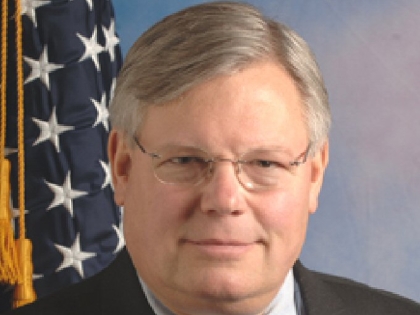
Newsday: Support to legalize medical marijuana in New York
By Carol Polsky
October 19, 2009
Proponents of legislation to legalize medical use of marijuana in New York were encouraged Monday by the announcement of a shift in federal policy first promised by President Barack Obama in his presidential campaign.
The U.S. Department of Justice Monday advised U.S. attorneys not to target medical marijuana use and distribution in the 13 states where it is legal. The Drug Enforcement Administration has previously raided such dispensaries.
The new federal policy "greatly helps, and certainly it puts state medical marijuana laws on a much firmer footing legally," said Assemb. Richard Gottfried (D-Manhattan), who sponsored legislation that passed the Assembly in 2007 and 2008 but failed in the Senate.
He and state Sen. Thomas Duane (D-Manhattan) are now sponsoring identical bills that would legalize production and distribution of medical marijuana through tightly regulated licensed health care facilities and providers.
"Our standard in New York is even stricter than what the federal government is appearing to allow the states to do," said Duane.
The two said they're hoping the measures could see action before the end of the year if the legislature is called into special session to deal with the state budget.
Marijuana helps control nausea, vomiting, wasting and anxiety from AIDs, cancer and chemotherapy treatments, and can also help with pain and other symptoms of debilitating diseases such as diabetes, multiple sclerosis and rheumatoid arthritis.
Medical associations including the Medical Society of the state of New York and the New York State Nurses Association support legalizing the drug for medical use.
Marijuana "certainly has its place and should be among the drugs we're allowed to use," said Dr. Reed Phillips of Glen Cove, who recently retired as a practicing oncologist and palliative care specialist. He said other drugs also help control nausea and anxiety, but marijuana has the advantage because "it's probably a heck of a lot cheaper than the best anti-nausea medications that can cost $20 to $50 a pill."
Catherine Hart, chief operating officer of the Long Island Association for AIDS Care, Inc., said she'd support legal physician-prescribed marijuana use, but cautioned that many patients have substance abuse issues that would need to be fully disclosed.
A pill with marijuana's active ingredient is available legally now, but it can take an hour to take effect compared to five to 15 minutes for inhaled or vaporized marijuana.
Bruce Mirkin, communications director for the Marijuana Policy Project, the nation's largest marijuana reform organization, applauded the federal policy shift and said it should remove fears cited by state legislative opponents that constituents would be put at legal risk.